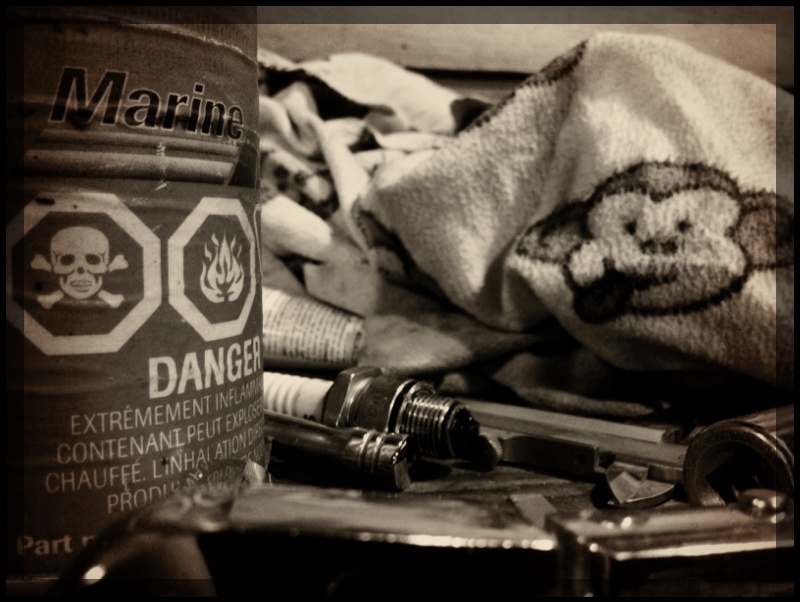After receiving a reader comment about honest blog writing,
I thought that I would expose some of my dirty secrets.
Actually, there's not much to hide.
Of course, there is the messy house.
But, everyone with kids knows that it's difficult to keep your home museum-clean with little ones following and undoing your every clean deed.
There are certain parenting moments that we don't share.
Those times when we feel ashamed about our behavior.
When everyone is tired or hungry or both, it's not always easy to say and do the right things.
We love our children and raise them as well as we can.
It's just that sometimes it's not so pretty.
On the subject of food and chemicals, we stick to the plan with ease.
The only bugaboo is the butter.
We go through a fair bit and the organic prices are pretty heavy.
The compromise is to buy organic for the kids and use the normal kind for ourselves.
That too is a challenge, but we at very least make sure the product is local when we choose non-organic.
What you don't see in the pretty pictures
is the junk in the yard.
 |
| A favourite spot of mine for hiding stuff. |
Much of it is useful as raw materials, but some of it just needs to go to the dump.
We have no garbage pick-up out here, and so we must take our waste to a transfer station.
Because we don't produce much perishable waste, the dump runs have become few and far between.
Unfortunately, we now have a net hoard of garbage because we can never take it all in one run.
The recycling alone is at least a truckload each time.
That in itself has spurred us to pay closer attention to packaging.
I'm sure it's been a long time since the kitchen garbage has gone to the dump.
It is waiting patiently in the garbage box.
I fully expect it to come to life when the temperatures start to rise.
 |
| There's a broken dishwasher there. The electronic board is done. I am sure I'll need that stainless steel tub. And the hardware. And the pump. |
We have a compost bin, which is an unusual accessory in bear country.
But most of the compostables go to the pigs and chickens.
 |
| Notice the absence of compost. What didn't go to pigs and chickens, went to the raccoons and bears. |
There was a time when we were using so-called compostable plastic bags.
Watch the claims on this stuff folks.
I can assure you that in a cool running compost bin, they do not degrade.
In fact, I believe that if you read the fine print, you will find that the ideal conditions are for municipal sized composting facilities.
And so, as the raccoons broke into the compost bin,
they ripped up the bags and left them for me to clean up;
which is a job on my list.
 |
| Look carefully at the right hand side. There is the crushed boat. |
Here's a fun one.
We used to have a small fiberglass boat. It had belonged to my Grandfather.
It was nothing special, but now it's no good at all.
I didn't realize it was there until the giant Aspen was halfway to the ground.
End of boat.
But it's still there.
 |
| Projects past and future, but not present. |
There are windows, and doors, and hardware, and metal, and.....well,
things that may be useful in the future.
I certainly have no intention of going to the store every time I want to build something.
If I don't have it , then fine, I'll buy it.
But it's all the better if I can build what I need out of what I already have.
If I take all the junk away, I lose my stash of raw materials.
 |
| Obviously, the fence was put up to keep the sleds in. |
The snowmobiles?
We used to snowmobile in the Winters.
We stopped riding for a variety of reasons.
Powersports certainly don't go well with our lifestyle now.
The only reason we keep them is for the ability to be mobile in heavy snow conditions. If you find out why Monsieur Bombardier invented snowmobiles to begin with, you will understand why.
 |
| Failed Logging Rigs |
I have made progress with clearing up the yard trash.
The next move is to sort it out once more,
and then organize it into an easy to dig through pile.
Then, somehow, I will hide it,
so that no one sees it.
So, if you think there are no toys strewn across the land,
and the homestead is always tidy and clean,
know that we are fighting the battle,
but it's far from over.
(Just a little addition.
You would think that we would be more aggressive about keeping the yard cleared of trash.
The beauty of this lush forest environment is when the plants take over for the summer...
...everything else just disappears.)











































